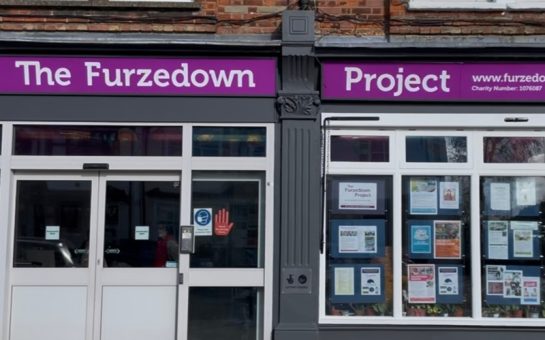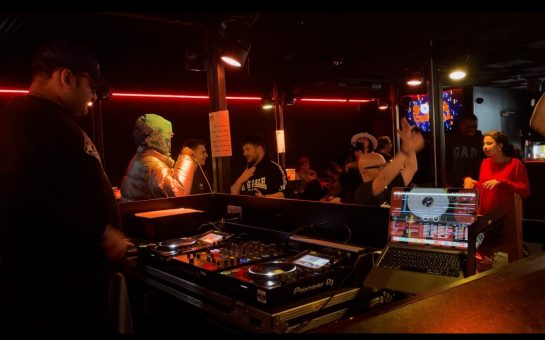The Metropolitan Police engages disproportionately in “Stop and Search” against black people in south west London boroughs, as per its own data.
The practice involves an officer stopping an individual in a public space and searching them, to look for stolen property, weapons, drugs or guns, and aims to protect the public by those who are suspect of having participated in or about to commit a crime.
A South West Londoner investigation has shown that the impact of “Stop and Search” across south west London boroughs disproportionately affects black residents.
This may lead to disproportionate levels of convictions across different ethnic groups.
These figures contrast with both Sadiq Khan’s and Shaun Bailey’s election manifestos.
The Labour and Conservative mayoral candidates advocate for an increase in police numbers to fight crime in London.
Habib Kadiri, research and policy manager at StopWatch, a charity promoting fair policing, said: “It might be wise to take an evidence-based approach to the issue of crime, and police being the ones able to stop or prevent crime.
“You might end up with adverse situations where you have excess officers feeling that they have to trigger more stop and searches, just because they need targets to be met.
“That is very dangerous for the liberties of individuals in the capital.”
Kadiri explained that this disproportionate impact of “Stop and Search” on black communities reflects a broader question over where police operate.
He added that if mapping these statistics, it would probably be found that searches are mostly conducted where there are high concentrations of ethnic minorities and people with low income.
The likelihood of being stopped as a black person changes significantly across south west London boroughs.
This disparity can be explained by the different breakdown of ethnic groups as well as wealth across London.
In the boroughs with the smallest disparities of Croydon or Sutton, black people were on average 2.6 and 3.2 times more likely to be stopped and searched than white people over the last two years.
Overall, black people were 5.9 times more likely to be stopped and search than white people across south west London between March 2019 and March 2021.
Kadiri concluded: “A very basic point would be to not overplay this idea that London is this lawless place that needs law and order to it.
“Perhaps we should treat things such as knife crime, for example, as more of a public health issue.
“Try going down that angle and maybe not criminalising even more young people and spoiling lives before they get into their prime.”
A Met Police spokesperson said: “There is disparity in the use of stop and search in relation to gender, age and race.
“Sadly different crimes tend to affect different groups more than others and it remains a tragic truth that knife crime and street violence in London, disproportionately affects boys and young men, particularly of African-Caribbean heritage, both in terms of being victims and perpetrators.
“Equally, areas of London with higher crime levels, particularly violent crime, often tend to be home to more diverse communities, both resident and transient.
“The ‘positive outcome rate’, which is the proportion of stop and searches that identify criminality, currently stands at 23% across main ethnic groups. If it were the case that officers were targeting people because of their ethnic appearance for example, this would significantly lower the positive outcome rates for the ‘targeted’ group.
We very deliberately are targeting and putting more resources into areas blighted by higher levels of violence and other serious crime. We use a range of tactics to tackle violence of which stop and search is just one element.
“Stop and search is effective at removing dangerous weapons, drugs and criminals from the streets. In March 2021, 460 knives and weapons were seized from stop and search.
“That said we do not underestimate the impact that the use of stop and search has on some individuals and that it continues to cause significant concern within some BAME communities.
“We absolutely acknowledge there is a gap in confidence here but also know that 81% of Londoners agree that we should use stop and search and 73% are confident in our use of it (figs from Public Attitude Survey 20/21).”




